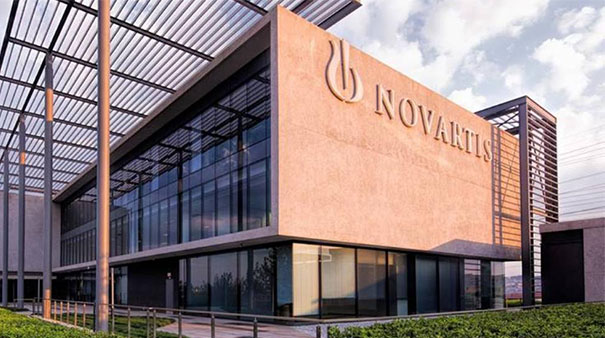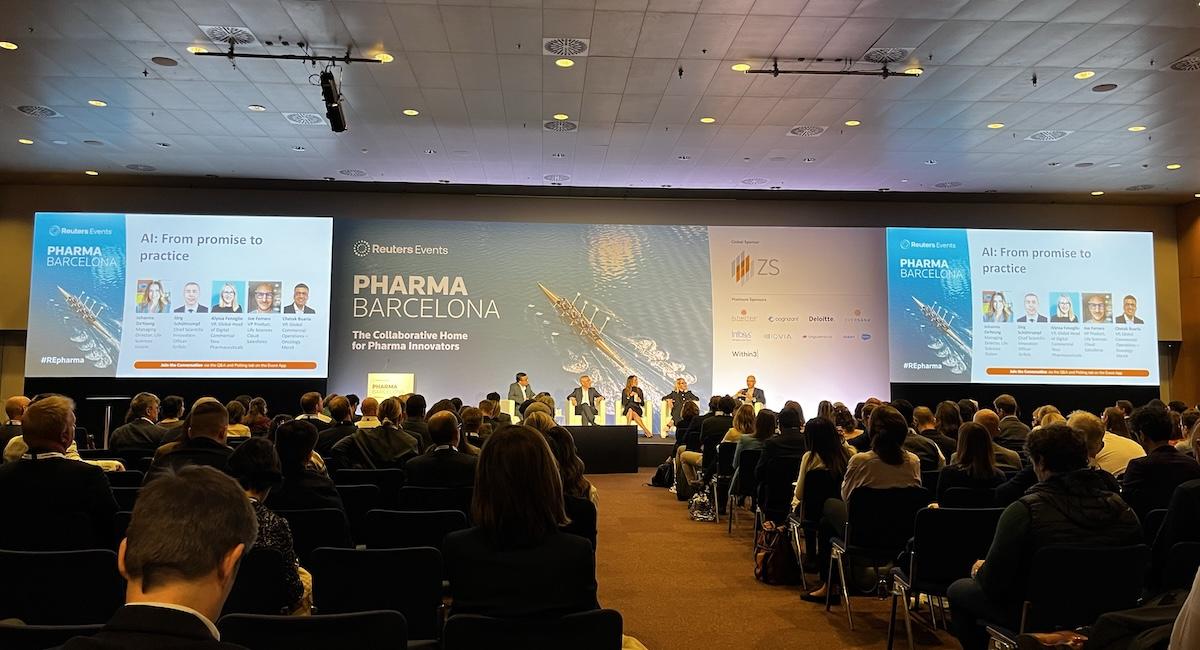Medicines Patent Pool, Novartis pen deal to boost access to generic leukaemia drug

The Medicines Patent Pool (MPP) and Novartis have unveiled a new voluntary licensing agreement to allow generic drugmakers in seven middle income nations to develop, manufacture, and supply generic versions of the leukaemia treatment nilotinib.
Fittingly announced on the sidelines of the World Cancer Congress, this marks the first time that the MPP has signed a license for a cancer treatment, and the first time a company is licensing a patented cancer medicine through a public health-oriented voluntary licensing mechanism.
Nilotinib is a twice-daily oral medication used to treat chronic myeloid leukaemia (CML). In 2017, the drug was added to the World Health Organization’s list of Essential Medicines for treatment in adults. Following this, Nilotinib was then added to the Essential Medicines List for Children in 2019 as second-line therapy for the treatment of CML that is resistant to imatinib.
Through this agreement, selected generic manufacturers in Egypt, Guatemala, Indonesia, Morocco, Pakistan, the Philippines, and Tunisia will have the opportunity to develop, manufacture, and supply generic versions of nilotinib in the licensed territory, subject to local regulatory authorisation. Patents on the product are pending or in force in these seven chosen nations.
According to the WHO, cancer accounts for approximately one in six deaths each year. While great strides have been made in advancing treatments, health inequity remains a key challenge, with patients in lower-income nations, where the cost of drugs can act as a barrier to treatment.
As part of ongoing efforts to address this issue, in May 2022, Novartis and MPP joined the Access to Oncology Medicines (ATOM) Coalition, global initiative led by the Union for International Cancer Control (UICC) to improve access to essential cancer medicines in low and lower-middle income countries
“We’re proud to be pioneering this new licensing model with MPP in collaboration with the ATOM Coalition, but we know too that making a medicine available is only one part of the challenge to increase access to cancer treatments,” said Lutz Hegemann, president of global health and sustainability. “For generic versions of this medicine to reach those who need it, wherever they live, the right diagnostics and quality of care will be critical. That’s why we’ve helped to build the new ATOM Coalition, and we will be relying on the support of our partners from research, non-profits, and the private sector to help deliver on the promise of this initiative.”













